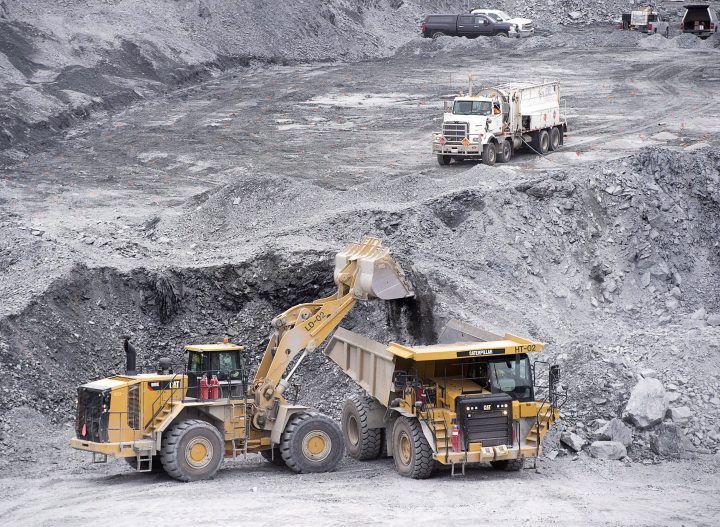Introduction:
Governments and mining companies are facing mounting pressure to accelerate the permitting process for new mines in order to meet the surging demand for critical minerals required for the clean energy transition. As the world shifts towards low-carbon technologies and renewable energy sources, the need for minerals such as copper, zinc, and others has intensified. Teck Resources CEO Jonathan Price emphasized the importance of expediting mine permitting to support the low-carbon transition and meet the growing demand for critical minerals.
Challenges in the Permitting Process:
Approval processes for new mines can be time-consuming and complex, with timelines ranging from 2-3 years to more than a decade. The significant delays in obtaining permits pose a challenge for mining companies seeking to ramp up production to meet the increasing demand. The prolonged permitting process hampers efforts to secure a stable supply of critical minerals needed for the production of electric vehicles and the development of clean energy infrastructure.
Disparity in Approaches:
The discrepancy between Western countries and China in funding supply chains and supporting the development of critical mineral mines has become a major concern for policymakers. While Western countries face regulatory hurdles and challenges in obtaining permits, China has been more proactive in securing critical minerals by investing in mining projects globally. This disparity raises concerns about the resilience of Western supply chains and the potential reliance on China for critical minerals.
Canada’s Efforts to Streamline Permitting:
Canada, where Teck Resources is primarily listed, has recognized the need to address permitting challenges. The Canadian government has pledged to review the permitting process, aiming to reduce the time required to bring mines online. The focus is on avoiding duplication in the permitting process and ensuring early consultation and engagement with Indigenous communities, acknowledging their rights and concerns.

The Importance of ESG:
Price emphasized that mining companies must prioritize Environmental, Social, and Governance (ESG) factors to gain support from governments, communities, and Indigenous peoples. Building a strong ESG track record is essential to obtaining the necessary support for mining operations and growth. Companies need to go beyond meeting ESG expectations and strive to exceed them, addressing concerns related to environmental impact, social responsibility, and corporate governance. Demonstrating a commitment to sustainability and responsible practices is crucial in gaining public trust and support.
Balancing Stakeholder Interests:
Mining companies are increasingly aware of the importance of engaging with stakeholders and addressing concerns related to land preservation, water resources, and community livelihoods. Striking a balance between resource extraction and sustainable development is crucial. Effective communication, early engagement, and transparency in decision-making processes can help mitigate opposition to mining projects and build stronger relationships with local communities and Indigenous groups.
Conclusion:
The urgent need for critical minerals to support the clean energy transition necessitates expediting the permitting process for new mines. Governments and mining companies must collaborate to streamline the approval process while ensuring adherence to environmental and social responsibilities. Balancing stakeholder interests, engaging with local communities, and exceeding ESG expectations are key factors in securing support for mining operations and meeting the growing demand for critical minerals. By expediting mine permitting, countries can enhance their domestic supply chains and reduce reliance on external sources, contributing to a sustainable and resilient low-carbon future.
©traders-news.online










